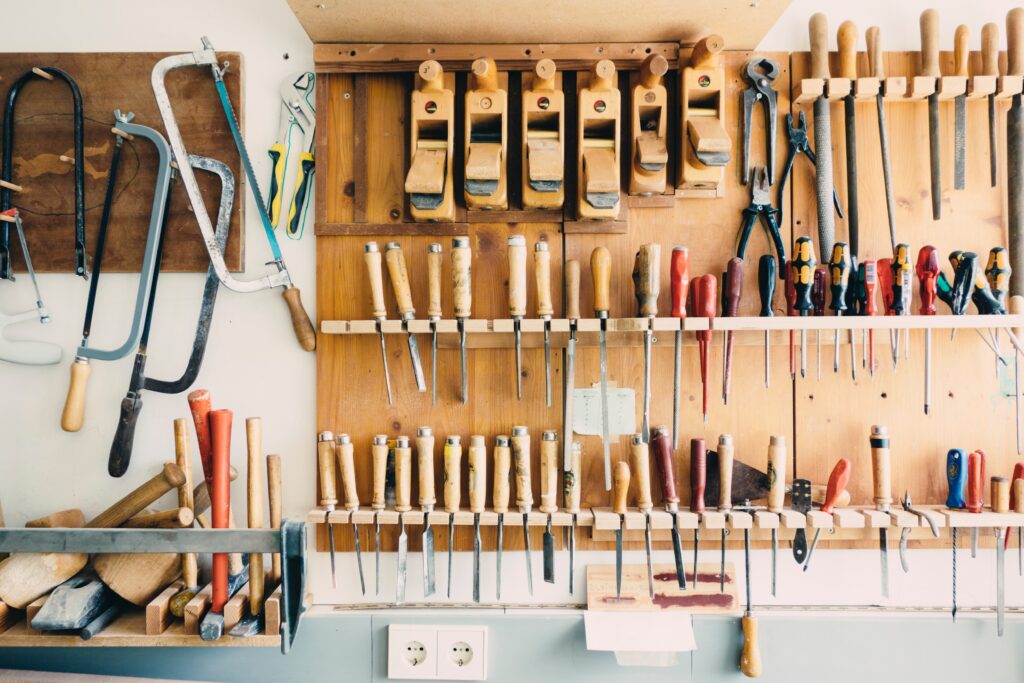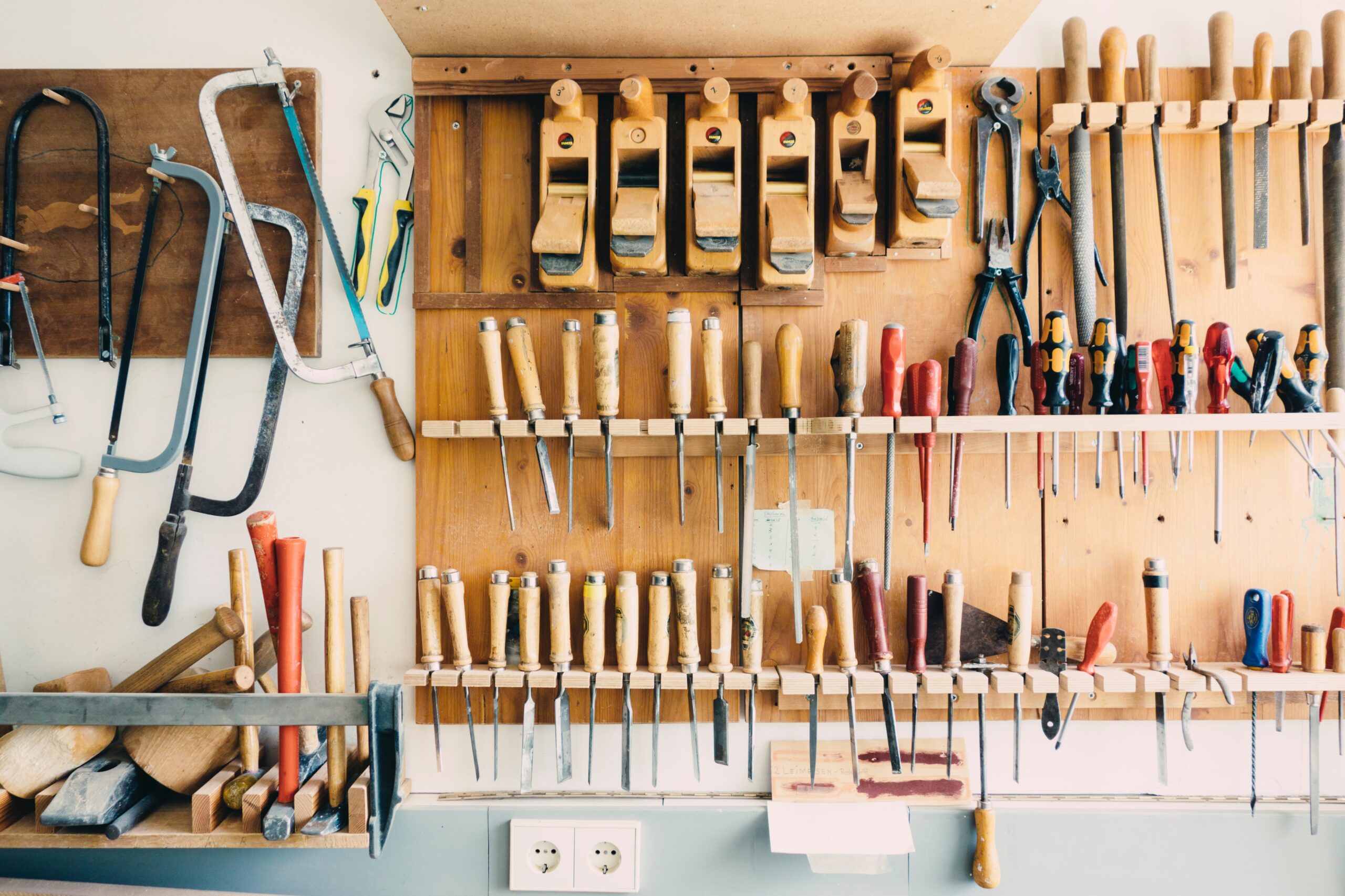Is having the right tools for the job worth the money?
As a foreman, general contractor, or sole proprietor/handy man you probably have a lot of tools. So how do you know when it’s worth spending more for a better version of a tool, or adding a new tool to your arsenal?
Some of us (me) love to have tools just for the sake of having tools. If you ask my wife, it’s a problem and a coping mechanism for something. I don’t know.

Still, there are some jobs that just can’t be done without the right tools. Okay, maybe they can be done, but you’ll never make money sending a crew out to dig a basement foundation by hand.
Safety
Some tools just keep us safer. PPE (Personal Protective Equipment) and compliant tooling like water-powered dust suppression help us to go home safely at the end of every day. And you should care about these things. For yourselves, and for your employees.
Wear a dust mask or respirator when it’s dusty. This isn’t rocket science. I recently hired a crew to remove a drop ceiling and a small section of wall from my home. These lunatics come in, raise a cloud of dust from 50 years of mouse droppings and filth, all without any kind of masks at all. I was appalled. I was also grateful that I had the foresight to close off the rest of my house from this mess because these guys took no precautions. Needless to say, for this and a few other reasons I will never hire them again or recommend them to any friends of mine.
Rant over.
Be safe. Take care of yourself. Don’t think that you’ll be okay cutting drywall or brick or something without a respirator because you’re macho or too cool. Silica doesn’t care, and it will destroy you. And you want to be around to help your grandkids build a go-kart or something, right?
The right tools save you time
I’ll start with the obvious. You’re not going to spend five days trenching a drainage line when you could rent a machine for a couple of hundred dollars. Last year I wanted to resolve some draining issues in my yard and driveway. I had a rental all lined up and it would have taken half a day. The machine broke, and I didn’t want to wait or drive forty minutes to the next closest rental place. So I decided to dig the trench by hand. It took me weeks to finish the job, digging ten to twenty feet at a time. Overall, I dug out over 150 feet of gravel and grass over 2 feet deep. I told myself I needed the exercise (I did), and the equipment just wasn’t available.
As I homeowner with an office job and kids to “help”, this felt like the right move. And I stand by it. But when I was an active contractor, this would have been the absolute worst way to proceed. My customer would have been furious, the cost of labor would have been through the roof, and the job really wouldn’t have been done properly. (I need to dig out part of my trench and install a better drain tile.)
Big jobs make this obvious. But what about smaller jobs? Have you seen those cool screw drills with feed belts for securing decking? Of course, you have. They’re awesome, and they save tons of time (money) for the contractor. Not to mention back pain.
The right tools improve quality
First off, you have to know what you’re doing.
Then, you’ll know what kind of tuck pointer you want to finish the brick knee wall you’re working on. Or you’ll know that the drywall tape gun was a good investment and your work was fast, smooth, and beautiful.
Take pride in your work. If you’re a rough framer, or a finish carpenter, your workmanship matters. Even if your work gets covered with dirt or drywall, people will know about the level of work you accomplished. and those people talk to other people. Be aware of your reputation and use the tools that help you support it.
Finally, take care of your stuff
Most of you know this. I’m sure you understand that the tools are expensive. If you’re the owner paying for the tools you need to set the example. If you’re an employee, understand that the tools you have are a privilege. use them properly, and take care to treat them with respect. Good tools of any kind should last a long time. Treat them as if they were your own, or as if the money to buy them came out of your pocket.
Tools are awesome. Respect them, and appreciate when you have them to help you get the job done right.

